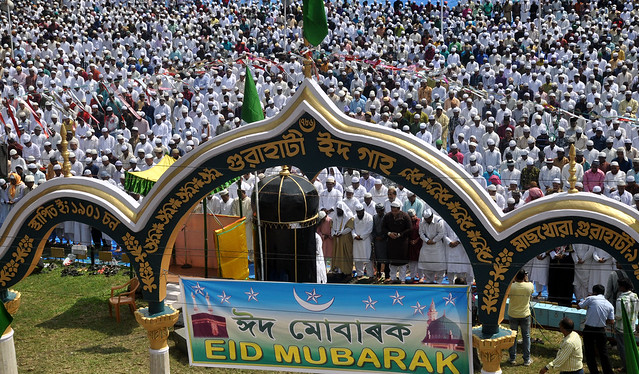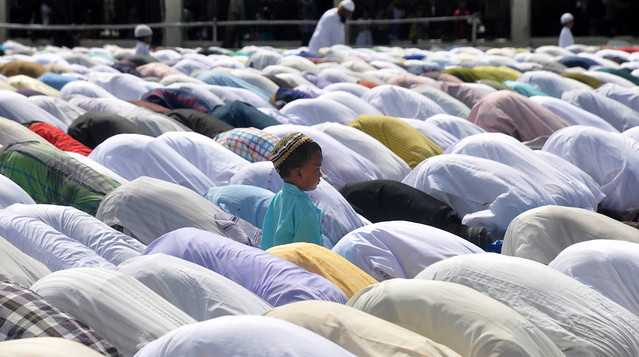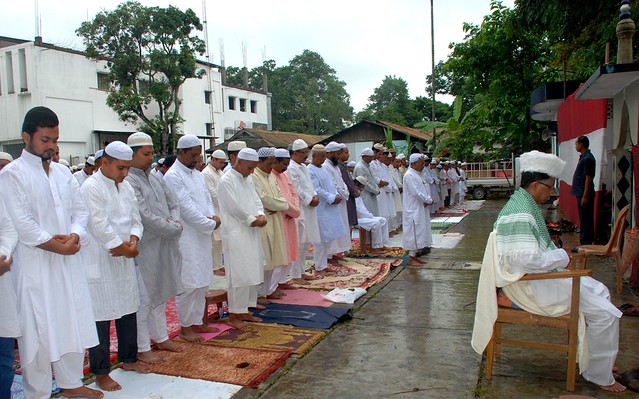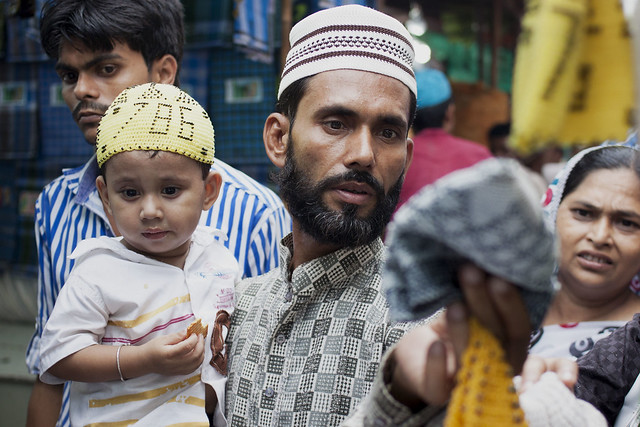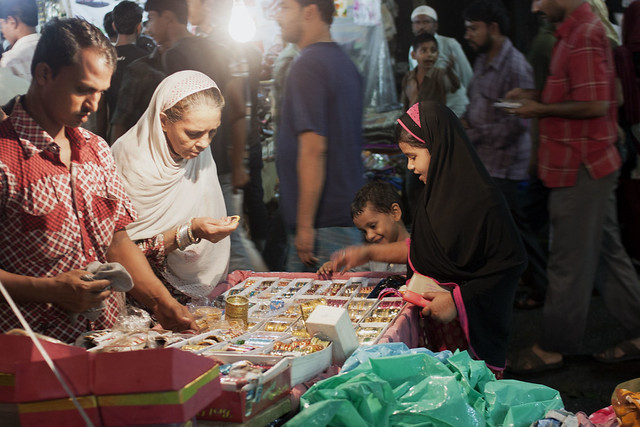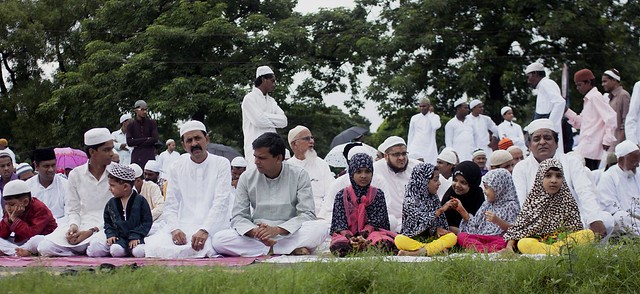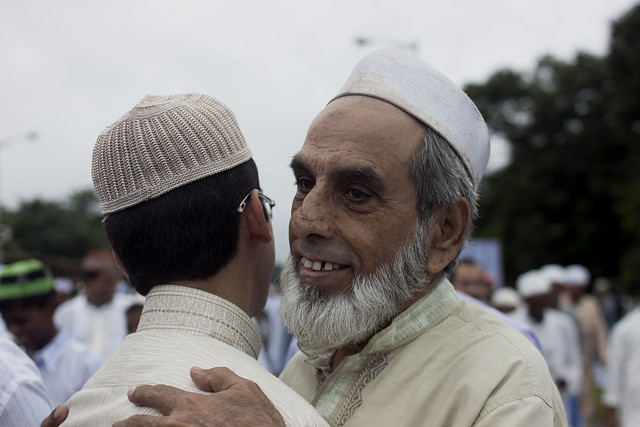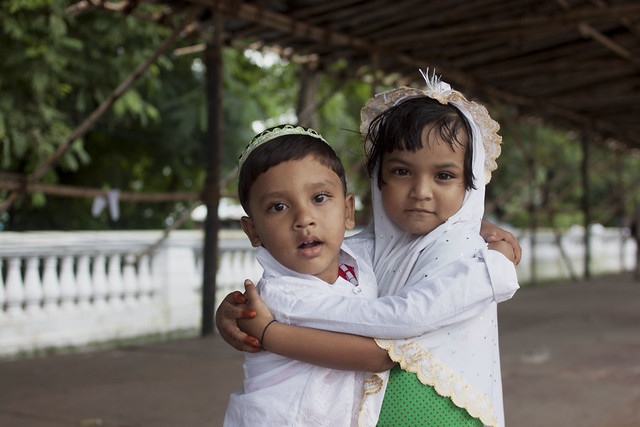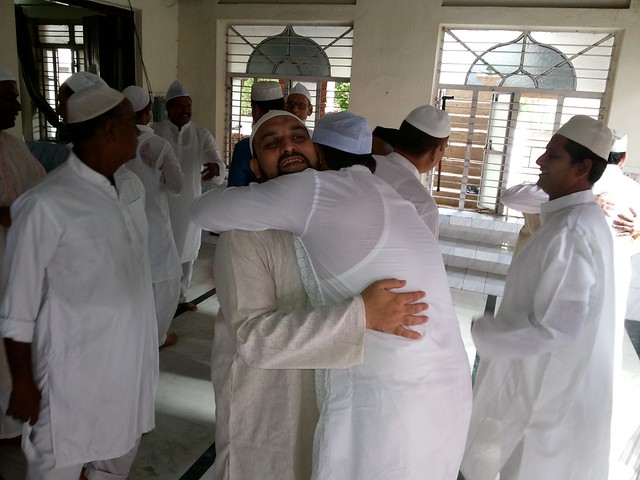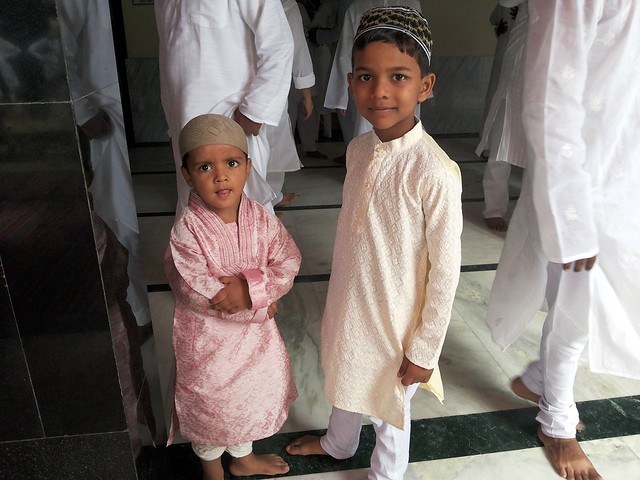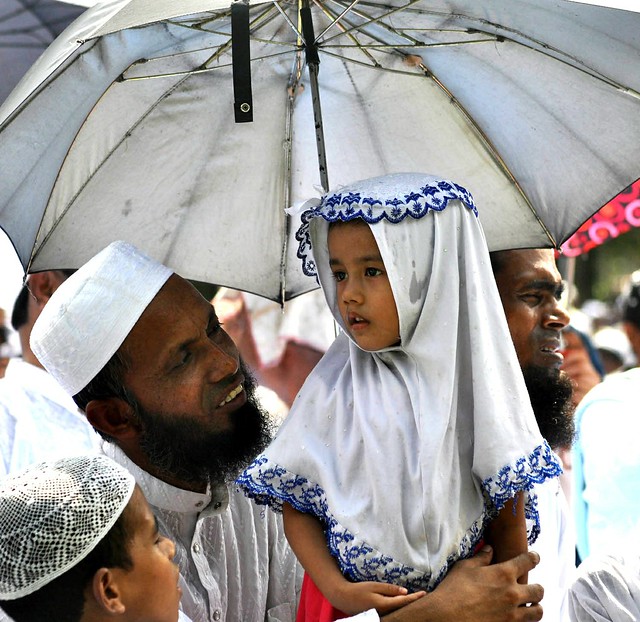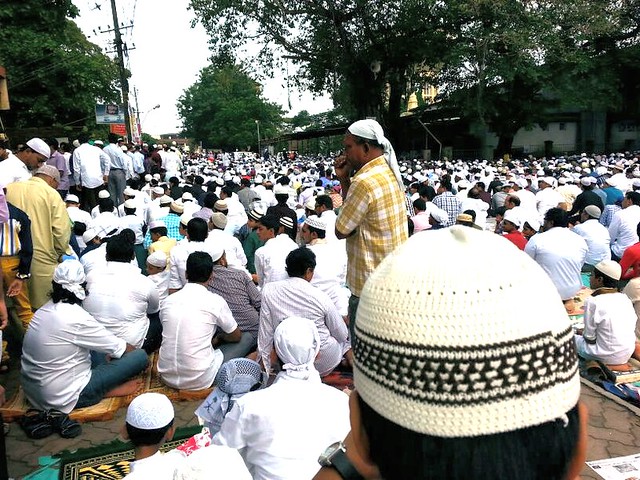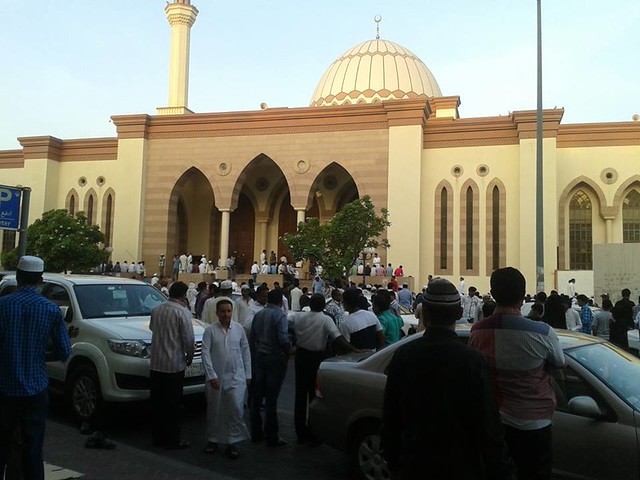Ram Puniyani,
Last three decades have seen an unprecedented presence of religion in social and political space. Somewhere the acts of terror, somewhere communal violence and somewhere the political influence of religious right on society and political processes, all these phenomenon have overshadowed the deeper inequities in the society, the aspirations of people for dignity and rights amongst others. Now comes a book which predicts that religions will become a minority vis a vis the practice of secularism in the decade of 2040s. The book is “Why Atheism will replace religion: The triumph of earthly pleasures over pie in the sky” written by Nigel Barber. This book relates the rise/fall of the religion with economic power and makes an observation that atheists are much more in developed countries.
The book is based on the study of 137 nations conducted by the author and concludes that in the countries; more developed the welfare system; higher is the number of atheists. The book’s crunch line is, in countries where distribution of income is even, lesser is the number of religious people. The author is a prominent psychologist. He makes a prediction that people will feel lesser need of supernatural beliefs when the tangible world is providing them for their real needs. Also in a survey conducted in America 20% people identified themselves as Atheists.
There is some terminological confusion here to begin with, while the study is a very reasoned one, and links the lack of security with the belief in god and practice of religiosity. Surely many a religions themselves have atheism as a component of their structure. Some streams of Hinduism like Charvak deny the existence of God. Jainism and Buddhism also do not talk of a supernatural power, but it’s another matter that followers of these religions converted the prophets of these religions themselves as Gods and are worshipping them. In the broad umbrella of Hinduism there are many traditions, Brahminism, Nath, Taantra, Bhakti, Siddh etc. In Hinduism itself the concept of God is also very diverse, from the polytheism with multiple Gods and Goddesses, tri-theism (Brahma Vishnu Mahesh) to the single God; Ishwar and then to the concept of formless power all these concepts are coexisting together merrily today.
In India thee atheist tradition starting from Charvak, in present times it found a strong articulation amongst communists the epitome of which has been Bhagat Singh with his famous tract, ‘Why I am an Athiest’. Also radical social reformers like Periyar Ramsamy Naicker gave the atheist movement a powerful lift. The rationalists association is nurturing the same to a great extent.
Other religions, where there is a single God, the concept of God keeps varying between the God with form and body to the formless power. Many decades ago a plethora of books debated about the existence of God. But last three decades in particular have seen a very different phenomenon i.e. gross abuse of religions’ identity by the political forces of status quo. Earlier to this, one saw in the beginning of 20th century, in the decade of 1920s, Christian Fundamentalism was a response of the conservative sections of society to the process of social change brought about by the process of industrialization and education due to which Africa-Americans and women started coming to social space.
Islamic fundamentalism makes a political appearance with the regime of Ayatollah Khomeini in Iran. Here it was the politics related to oil and the high handed politics of Western powers which foiled the popular revolution and brought in a cleric as the head of the state. It was during this period that conservative versions of Islam were promoted by some of the rulers who were scared of popular urges for democracy. Salafi version of Islam is one such which was used in Saudi Arabia to keep a tight leash over the popular aspirations so that the Saudi oil can keep flowing in to the tankers of oil companies controlled by US-UK giants.
It is the same Salafi version of Islam which was brought in to the service of US hegemonic interest to control the oil in the region. This version was taught in the Madrassas in Pakistan. These Madrassas were set up with US instigation, money and syllabus, through which the Mujahedeen, Taliban Al Qaeda emerged and played into the hands of US designs of throwing away Soviet army from Afghanistan. In India, the insecurity of the section of middle classes in the face of rising presence of dalits and women in social space in the decade of 1980s led to the political abuse of religion’s identity by BJP when it took up the issue of Ram temple.
While the author of the book is talking about the release of the hold of religiosity and God with rising affluence, today sitting in South Asia the scenario seems to be the other way around. In Pakistan the hold of Mullahs on the social affairs is a big obstacle to the firm rooting of democracy there. In Sri Lanka again thousands of Tamils were butchered while attacking LTTE, lately one is seeing an attack on Christians and Muslims there. Not to be left behind, in Myanmar, the retrograde political forces are attacking poor Rohingya Muslims in the name of Buddhism.
One must add that there is no contradiction between secularism and religion. The author of this book is not clear on this. With secularization process, the role of clergy was relegated to the private sphere of society but religion as such was there. God was there. It’s now that with prosperity going above the critical levels that more people are feeling less need to call upon God to help them live a secure life. In South Asian countries a complex process had been witnessed all through. While people with great amount of religiosity and belief in God like Mahatma Gandhi and Mualan Abul Kalam Azad stood for secular state, the non practicing Muslim like Jinnah led the movement for a state in the name of Islam and an atheist Savarkar, was the ideologue of Hindu nation. Many a leaders of Hindu national politics may not be so religious but in the political arena, they create mass hysteria in the name of religion and God.
One wishes to agree with the authors’ prediction. Hope it is not restricted just to Western countries. What is more important is to realize is that mass spectacles of religiosity are an expression of deeper social insecurities, which are being cashed in by the politicians of ‘status quo’, who are deliberately using this religious identity to ensure that social distribution of resources to weaker sections is stalled. Today in India one can see a clear cut battle between those who stand for social welfare, and struggle to bring in measures go in that direction on one side.
On the other, are those political forces that resort to polarize the communities along religious lines, around identity issues. The latter have a social base amongst the socially insecure middle classes and the backing of section of big corporate houses. Seeing the pains of this battle between two paths, one turns pessimistic at times whether if at all, South Asia can get over the imposition of God-Religion in political arena and focus on improving prosperity with equitable distribution in society. In many a propaganda-claims being made for ‘development’ the factor of equitable growth is missing and that’s where the real definition of development lies.
The bluff of development by communal forces has to be countered and the emphasis on the growth with concern for equity, affirmative action for the victim religious minorities and dalits-adivasis is the core around which the battle against the blind religiosity and assertions of politics in the name of religion has to be taken forward.
Western countries though far from the ideal in prosperity and growth, at least do not have the baggage of politics of religion’s identity in such a strong way as is prevalent in ‘post-colonial’ states; that is dogging South, West Asia in particular. This book gives the hope as far as prosperity and equity is concerned one hopes that this applies to the troubled countries where abuse of religion’s identity is playing havoc with the concept of human rights and survival of large sections of society.
(Ram Puniyani was a professor in biomedical engineering at the Indian Institute of Technology Bombay, and took voluntary retirement in December 2004 to work full time for communal harmony in India. He is involved with human rights activities from last two decades.He is associated with various secular and democratic initiatives like All India Secular Forum, Center for Study of Society and Secularism.)
